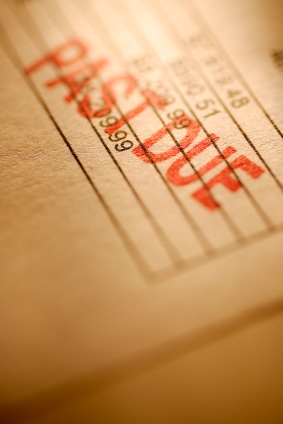Exemptions
 The laws that protect property from seizure by a bankruptcy trustee are knows as exemptions. In a Chapter 7 liquidation bankruptcy, property that is not exempt can be seized and liquidated by the bankruptcy trustee to pay creditors. In a Chapter 13, any money that could have been raised through liquidation must be paid through the repayment plan, which can last as long as five years.
The laws that protect property from seizure by a bankruptcy trustee are knows as exemptions. In a Chapter 7 liquidation bankruptcy, property that is not exempt can be seized and liquidated by the bankruptcy trustee to pay creditors. In a Chapter 13, any money that could have been raised through liquidation must be paid through the repayment plan, which can last as long as five years.
Debtors in Washington are lucky to be able to choose between state and federal exemptions (though they can not mix the two in one bankruptcy). The choice of the right set of exemptions is important to maximizing the amount of property that is protected in bankruptcy. In general, if you have a home with significant equity, you will want to use the state exemptions.
In Washington, you can protect up to $125,000 of equity in your home. The federal exemption allows only $49,950. Only a Chapter 13 will allow you to get caught up on a delinquent mortgage over time through a payment plan.
Under the federal exemptions, you can use up to $11,500 of unused homestead exemptions as a “wildcard exemption.” This means if you have no equity in your home or you don’t own a home, you can protect $11,500 (plus $1,225 for a total of $11,750) of any kind of property. This exemption is usually used for bank accounts, tax refunds, accounts receivable, or other property not covered by specific exemptions. You can also “stack” this exemption on others, such as a car.
Both federal and state exemptions allow about $3,500 for a car. This amount applies to the equity of a car if you are still making payments. You can pay a car loan in a Chapter 13 repayment plan. In a Chapter 7, in most cases you have to keep making payments on the car to keep it. You can also surrender the car back to the creditors and walk away from the loan.
Under federal exemptions you can protect $24,500 of your household goods and under Washington state exemptions, you can protect $13,000. Because household good do not retain their value, they are difficult to place a value on, and trustees do not really want to be in the position of having a garage sale, it is extremely rare for your basic possessions to be in any sort of danger of liquidation in bankruptcy.
Retirement plans are 100 percent exempt. Back child support and public aid benefits such as Social Security are 100 percent exempt as well.
These are just some examples of the exemptions provided by bankruptcy law. The purpose of bankruptcy is to give you a fresh start. Taking the property you need for that fresh start is an important part of bankruptcy. Because choosing between state and federal exemptions is an important decision and the interpretation of the laws can be confusing, it is a good idea to have an experienced bankruptcy attorney on your side to make sure you are doing everything you can to keep your possessions safe.
If you are considering filing for bankruptcy, call the experienced Seattle, WA bankruptcy attorneys at Washington State Attorneys today. We would be glad to let you know what you may be able to keep and how bankruptcy can help you make a new financial start.
 Washington State Attorneys Home
Washington State Attorneys Home















































